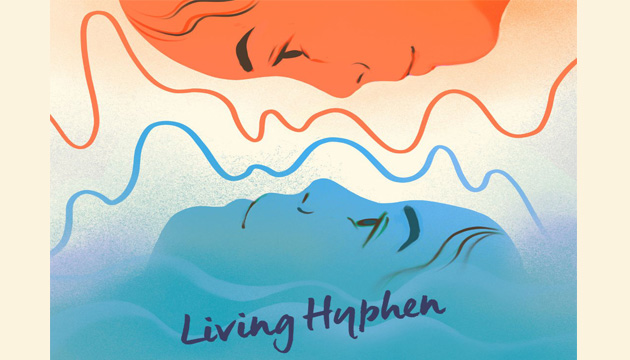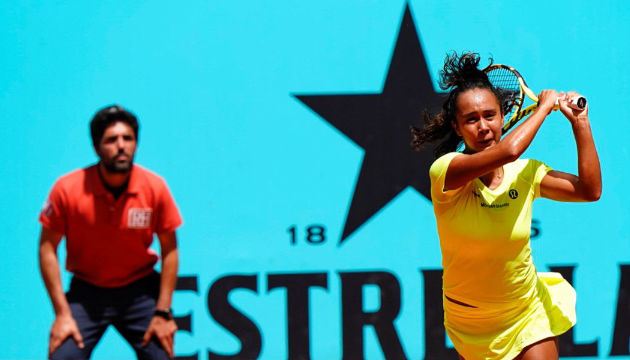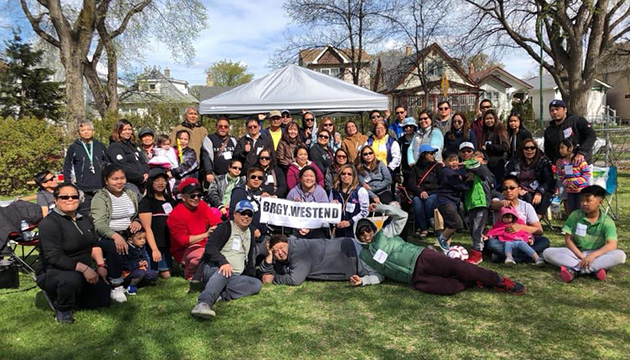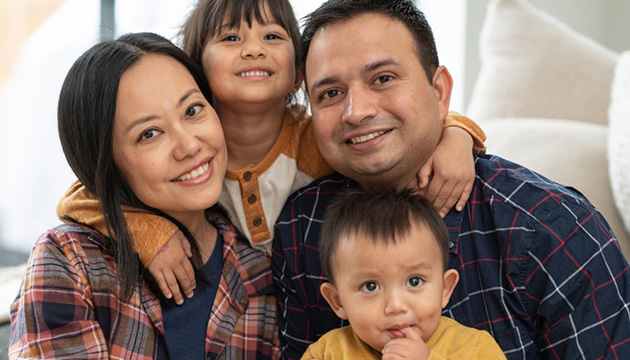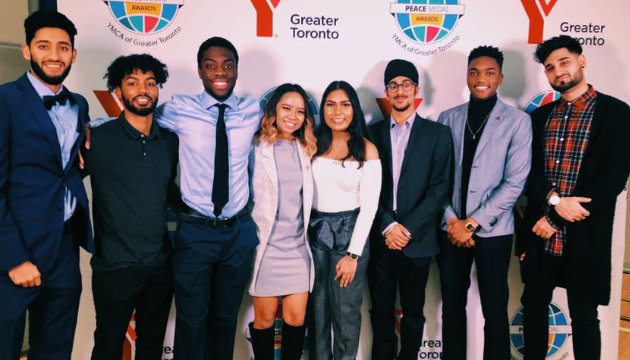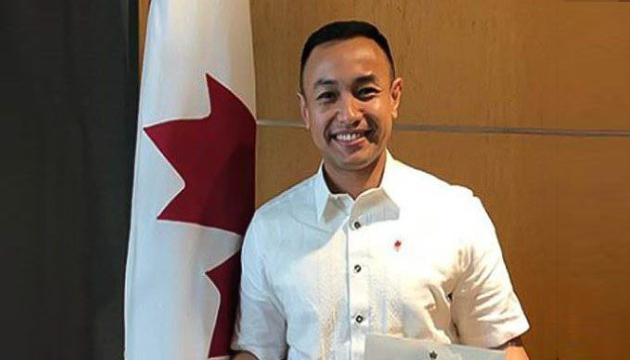There are an estimated 370 million indigenous people in the world, living across 90 countries, making up less than five per cent of the world's population, but account for 15 per cent of the poorest.
Indigenous peoples speak a huge majority of the world’s estimated 7,000 languages and represent 5,000 different cultures.
The magnitude of August 9 as International Day of the World’s Indigenous Peoples and 2019 as the International Year of Indigenous Languages cannot and should not ever be lost on Filipinos. For a nation that has survived colonization not just once but a number of times, keeping one’s culture, traditions and languages was a hard-fought battle, but one that was well worth it. We are free to speak our mother tongue, whether it’s Tagalog, Bisaya or Hiligaynon. We still wear our barong and saya albeit on special occasions. And although we are largely Christians, our traditions are infused with animistic influences that date back pre-colonial times.
We don’t shrink from being known as Filipinos no matter what the political climate is at home. In fact, we revel in being Filipinos, so confident that we won’t ever lose that identity.
Canadian Filipinos need not look further than Canada itself to experience what losing one’s sovereignty, culture and language has done to a people. Our First Nations brothers and sisters, whose peoples have occupied this territory for thousands of years, continue to fight for their freedom - freedoms we so often take for granted.
In 2007, the United Nations Declaration on the Rights of Indigenous Peoples (the Declaration) was adopted by the UN General Assembly. There were 144 nations that voted in favour of adoption, with a few that voted against. One of those four dissentions was Canada but a few years since, all four have reversed their position and now support the Declaration.
The Declaration itself has a total of 46 articles that set a “standard of achievement to be pursued in a spirit of partnership and mutual respect”. A few of the rights affirmed by the Declaration are the right to be free and equal to others, the right to practice and revitalize cultural traditions and customs, the right to establish and control their education systems and so on. In short, the Declaration affirms that indigenous peoples are and should be free.
Canada’s action plan in response to the Declaration is its Truth and Reconciliation Commission of Canada’s (TRC) Calls to Action. The document promises to redress the shameful legacy of residential schools and advance the process of reconciliation. It contains very specific steps that the government, at federal, provincial and local levels, is expected to do.
Under the Legacy section, some of the calls to action include reduction in the number of Aboriginal children in care and, in return, support to keep Aboriginal families together, enactment of an Aboriginal Languages Act and the provision of appropriate cultural competency training for lawyers, health care professionals, public servants and members of the corporate sector.
In the Reconciliation section, there are calls on all levels of government to use the Declaration as framework for true reconciliation. More specifically, it calls for the issuance of a Royal Proclamation of Reconciliation by the Crown, the development of a Covenant of Reconciliation, the establishment of a National Council for Reconciliation and an official apology from the Church for abuse in residential schools, among others.
Like the Declaration, the items listed in the TRC’s Calls to Actions are plentiful, totaling 94.
Forty-six articles in the Declaration and 94 action items may seem like a long list but they still fall short in supporting true reconciliation with First Nations peoples. It is no surprise that at TRC forums, First Nations participants often become emotional. Their people have occupied this territory for thousands of years but with less than a couple of hundred years of occupation, they have been subject to abuse, ridicule and racism and have lost several traditional practices. Very few First Nations youth speak their native languages and the need to revitalize those languages are paramount, so they won’t be lost.
First Nations people need every Canadian’s support in regaining what they have lost through multiple generations. The struggle of Aboriginal peoples in reclaiming their freedoms needs the respect, recognition, acceptance and patience from those of us who live, work and play in this vast expanse of this great nation.
Victoria Tauli-Corpuz, a Kankana-ey Igorot from the Philippines’ Cordillera Region, delivered a statement on the adoption of the Declaration in 2007. As Chair of the UN Permanent Forum on Indigenous Issues, she noted that the event will “forever be etched in our history and memories as a significant gain in our long struggle for our rights as distinct peoples and cultures.” Tauli-Corpuz so aptly declared that the “effective implementation of the Declaration will be the test of commitment of States and the whole international community to protect, respect and fulfill indigenous peoples collective and individual human rights.”
As Canadians, our own small steps towards committing to true reconciliation can begin with the simple acknowledgement that wherever we may be in this vast region, we are in the traditional unceded territory of a First Nations people.
By Rachel Ramos-Reid for
The CFNet Editorial Board
Contact us at:




